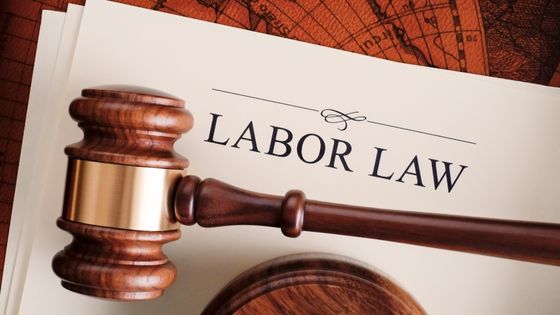Labor laws refer to a broad set of rules, laws and regulations that apply within employment settings. These laws have the main aim of protecting the rights of employees. There are some common disputes in the area of labor law including discrimination and harassment, collective bargaining negotiation with union employees, workers’ compensation, wrongful termination, and Family Medical Leave Act leave. Labor law is a term that can often be interchangeable with employment law, as the two areas cover the same concerns and topics.
Unions and Labor Law Regulations
A labor union is a group of workers with additional protection due to entering into collective bargaining agreements with employers. They have the authority to negotiate labor contracts. Typically, this includes negotiating their pay, benefits, labor conditions, procedures for dealing with labor complaints, and termination guidelines. The National Labor Relations Act is a federal law that applies to union represented employees in the private sector, with the main goal of ensuring that employee rights are not violated.
NLRA Employee Rights
The NLRA grants employees who are represented by a union a range of rights, including the right to join a union, to form a union if there is not one in existence for them to join, to do away with a union if specific conditions are not met, to decline to take part in union activities, and to be fairly represented by a union. Under the NLRA, any retaliation against employees who attempt to join or organize a union is also prohibited. Employees are not permitted to conduct any kind of discrimination against employees based on their union membership. If you believe that your rights as an employee have been violated, a good labor union lawyer can help.
How Labor Laws are Enforced in Unions
The labor laws in the United States are quite unique and can vary a lot from state to state. However, there are some overriding federal laws that should be adhered to before state laws. The NLRA is enforced by the NLRB agency, which also regulates labor issues and policies that are in place against unfair labor practices in the US. Employees have the right to take action against any employees or unions that they believe to be engaged in unfair or discriminatory labor practices.
How to Report Unfair Labor Practices
In order to report an unfair labor practice, employees need to begin with filing a complaint, which they can do at their nearest NLRB regional office. The complaint will them be investigated, and the NLRB will attempt to reach a settlement. Complaints can also be filed online. However, in this case, there is a list of requirements that must be followed without the assistance of an NLRB official. In the case of the paperwork not being filed correctly, or the entire process not being conducted properly, the claim might be further delayed or even rejected completely.
Labor laws in the US protect employees from unfair and discriminatory action from employees and unions. Get legal advice if you believe that you may have been treated in a discriminatory or unfair way as an employee, due to union activity.

















